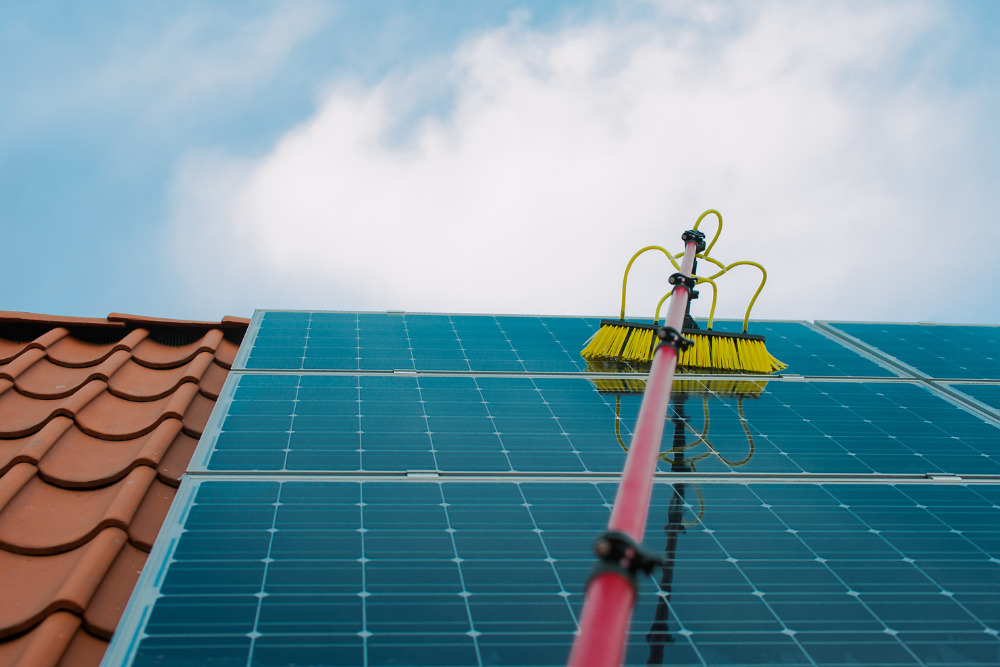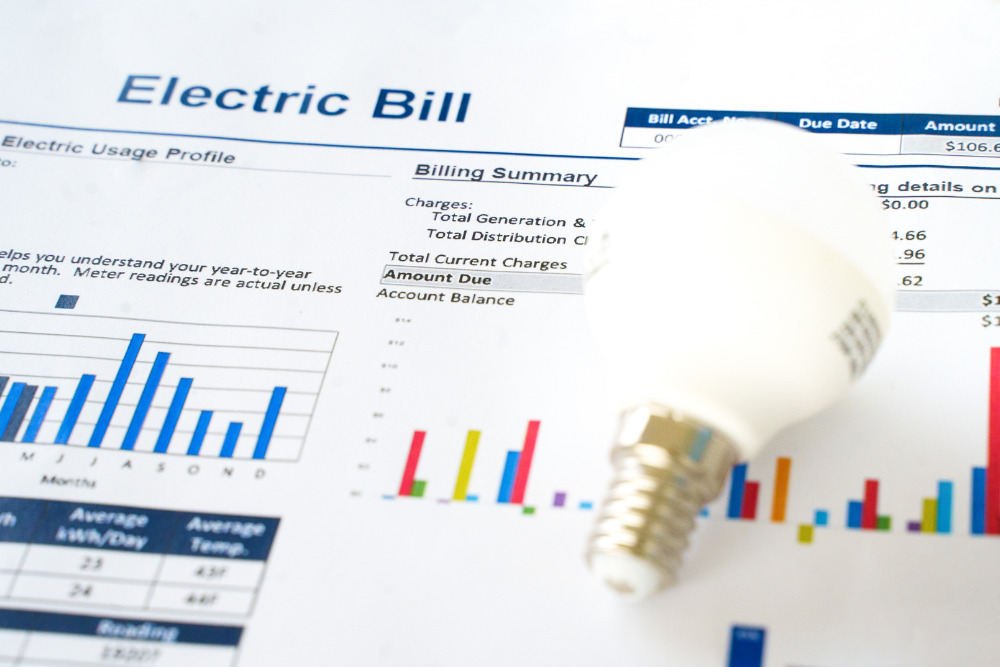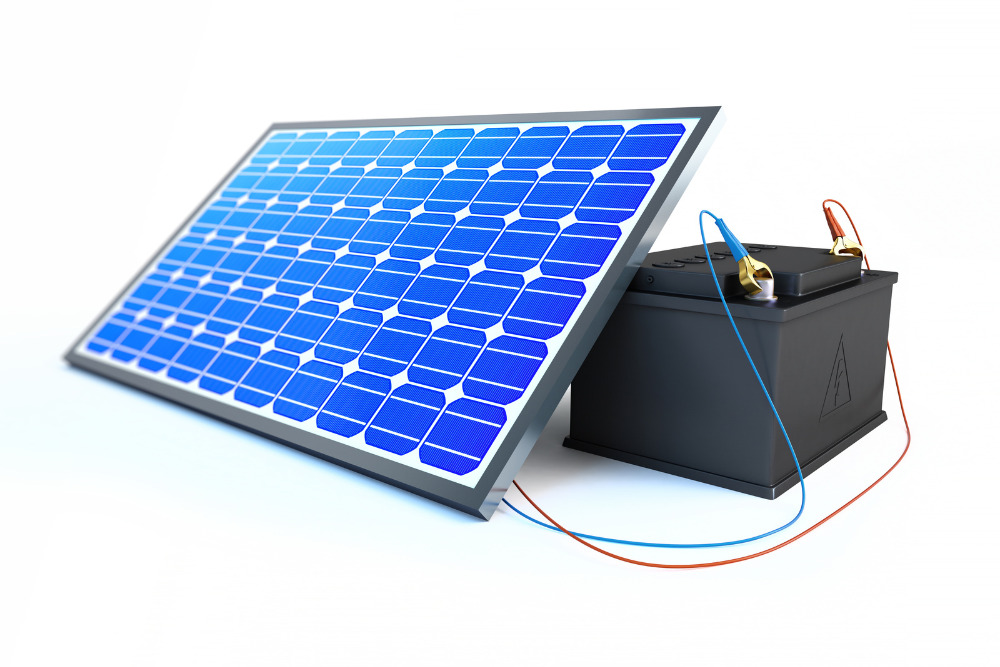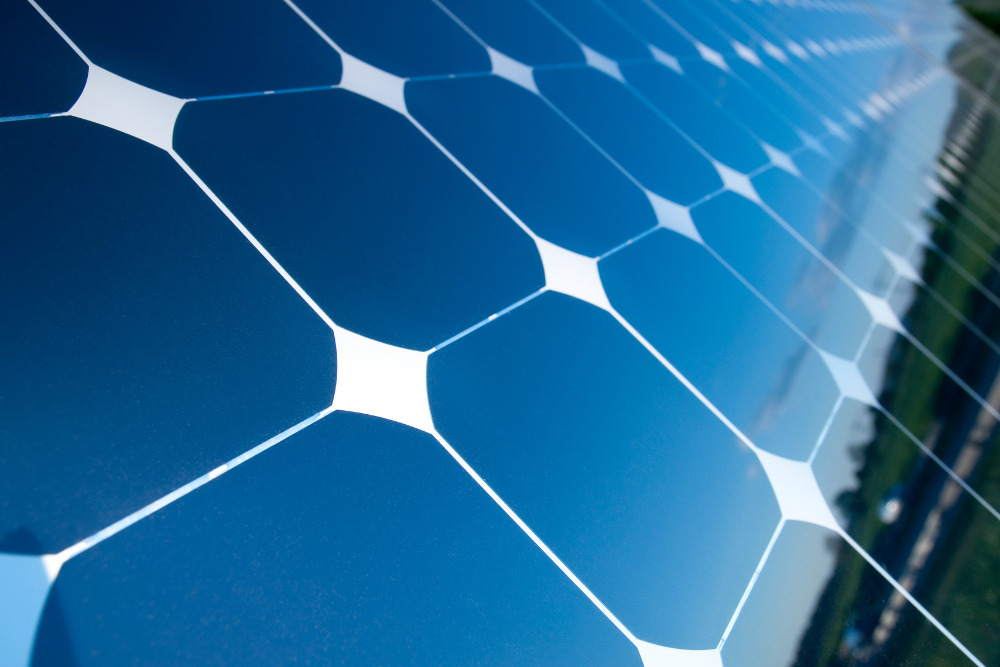
A solar power purchase agreement is a financing option if you don’t have the money to purchase a system outright. While it’s a low-cost option upfront, it’s important to understand how your monthly payment will be calculated and how it will compare to your current energy bill.
What Is A Solar PPA?
A solar PPA is an agreement between a third-party solar developer and homeowners in which the developer owns, operates, and maintains the PV system (photovoltaic system) and the customer purchases the electric output from the system for a predetermined length of time.
The homeowners allow the company to install solar system equipment on their property, but unlike a solar lease, the customer only pays for the energy used per month on a kWh basis. PPAs range in length, but a long-term contract can last the life of the solar panels (25-30 years).
Pros & Cons Of A Solar Power Purchase Agreement
Pros
There are several pros to solar installation with a PPA, which include:
- If your solar panel system experiences any issues, the owner of the system is responsible for any repairs or replacement parts.
- You can avoid upfront costs. One of the financial benefits of a PPA is that the solar company or developer you work with is responsible for the solar installation costs, saving you thousands of dollars upfront.
- You will have predictable energy prices. Your PPA will outline your electricity rates per kilowatt-hour, so you’ll know exactly how much you’ll be paying.
- It can lower your carbon footprint since using renewable energy sources is good for the environment.

Cons
There are also a few cons associated with solar PPAs, including:
- You do not own the solar system, meaning no incentives are available. While owning a solar energy system can come with investment tax credits and rebates, a PPA contract doesn’t allow the homeowner to take advantage of these. The owner (developer or installer) of the solar panels would get any solar renewable energy credits (SRECs), solar tax credits, federal tax credits, or any other tax incentives.
- It may increase your property taxes. Although you are not the owner of the solar panel system, tax authorities still consider it an improvement to your house so the assessed market value of your home may increase.
- It may make it more difficult to sell your home. Many potential buyers do not want a PPA attached to their new home. If you can’t find a new owner to assume the PPA, you may have to pay early termination fees per your contract.
- Most solar leases and PPAs have a price escalator in the contract that allows the provider to increase your monthly payments each year, usually by 3-5%.
What’s The Cheapest Way To Pay For Solar: PPA, Lease, Or Loan?
Generally speaking, you will probably end up paying less with a solar PPA than you would with a lease. However, even after interest, buying a system outright with a solar loan is usually the most affordable option (depending on your interest rate and loan terms).
Your energy usage is the caveat here. With a lease, you are renting the solar panels and paying a fixed monthly payment. With a PPA, you are paying per kilowatt-hour for energy used.

What's The Difference Between A PPA And A Solar Lease?
The biggest difference between a PPA and a solar lease is that with a PPA you only pay for the electricity you use and with a solar lease you pay a fixed rate each month.
They are similar in that a third party owns and maintains the panels, and they will both reduce your utility bills and there are generally no upfront costs to worry about. However, your monthly payments may be different
In order to decide which solar financing option is the best choice for your home, you should take into consideration what your monthly electricity bill is now and local energy costs. Then, you should shop around and talk to several providers and lenders to learn more about their lease and PPA programs.
What’s The Difference Between Net Metering And A PPA?
Net metering is an electric billing mechanism that credits solar energy users for the excess electricity that they add to the grid. It allows the customers who get their clean energy from solar systems to sell the electricity they don’t use back to the utility company.
A PPA is a solar power purchase agreement where a third-party owns the solar panels and the homeowner purchases the electricity generated on a kWh basis. This is different from net metering, as customers will pay for the energy they use, but do not sell the solar electricity they don’t use back to the grid.
What States Allow PPAs?
The following states allow PPAs:
- Arkansas
- Colorado
- Connecticut
- Delaware
- Hawaii
- Iowa
- Michigan
- Montana
- Nebraska
- New Hampshire
- New Jersey
- Oregon
- Rhode Island
- Virginia
- Washington


